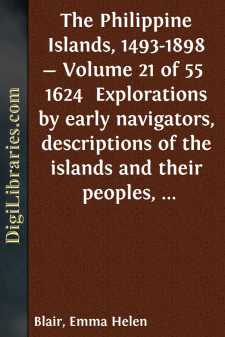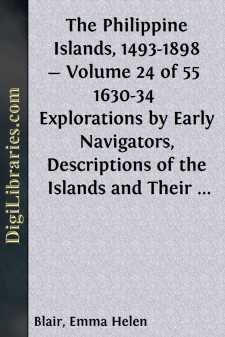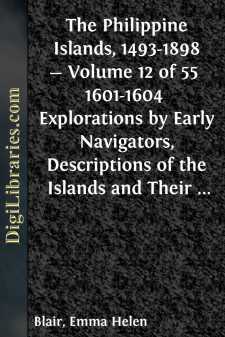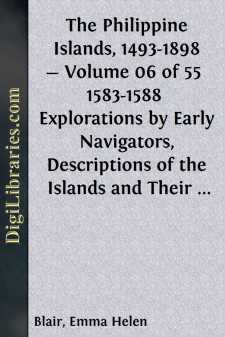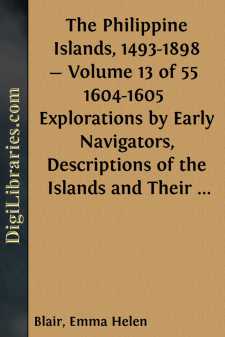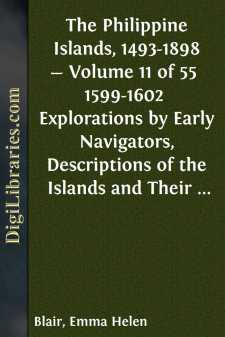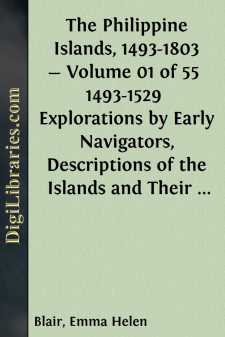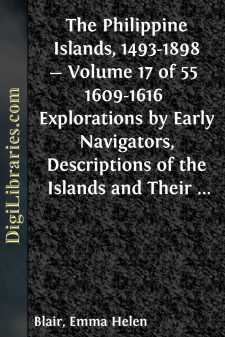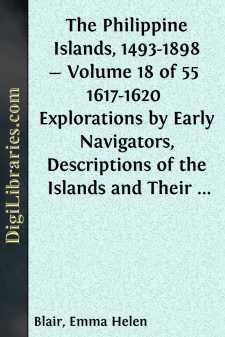Categories
- Antiques & Collectibles 13
- Architecture 36
- Art 48
- Bibles 22
- Biography & Autobiography 813
- Body, Mind & Spirit 142
- Business & Economics 28
- Children's Books 17
- Children's Fiction 14
- Computers 4
- Cooking 94
- Crafts & Hobbies 4
- Drama 346
- Education 46
- Family & Relationships 57
- Fiction 11829
- Games 19
- Gardening 17
- Health & Fitness 34
- History 1377
- House & Home 1
- Humor 147
- Juvenile Fiction 1873
- Juvenile Nonfiction 202
- Language Arts & Disciplines 88
- Law 16
- Literary Collections 686
- Literary Criticism 179
- Mathematics 13
- Medical 41
- Music 40
- Nature 179
- Non-Classifiable 1768
- Performing Arts 7
- Periodicals 1453
- Philosophy 64
- Photography 2
- Poetry 896
- Political Science 203
- Psychology 42
- Reference 154
- Religion 513
- Science 126
- Self-Help 84
- Social Science 81
- Sports & Recreation 34
- Study Aids 3
- Technology & Engineering 59
- Transportation 23
- Travel 463
- True Crime 29
Our website is made possible by displaying online advertisements to our visitors.
Please consider supporting us by disabling your ad blocker.
The Philippine Islands, 1493-1898 - Volume 21 of 55 1624 Explorations by early navigators, descriptions of the islands and their peoples, their history and records of the catholic missions, as related in contemporaneous books and manuscripts,...
by: Emma Helen Blair
Description:
Excerpt
Ecclesiastical Affairs of the Philippines
Royal Instructions to Gomez Perez Dasmariñas Regarding Ecclesiastical Affairs
The King. To Gomez Perez Dasmariñas, my governor and captain-general of the Philipinas Islands, or the person or persons in charge of their government: I ordered a decree of various articles to be given to my viceroy of Nueva España, in regard to what was to be done and observed in that country for the preservation of my patronage, as is contained at length in the said decree, whose tenor is as follows:
“The King. To our viceroy of Nueva España, or the person or persons who shall, for the time being, be exercising the government of that country: As you know, the right of the ecclesiastical patronage belongs to us throughout the realm of the Yndias—both because of having discovered and acquired that new world, and erected there and endowed the churches and monasteries at our own cost, or at the cost of our ancestors, the Catholic Sovereigns; and because it was conceded to us by bulls of the most holy pontiffs, conceded of their own accord. For its conservation, and that of the right that we have to it, we order and command that the said right of patronage be always preserved for us and our royal crown, [13] singly and in solidum, throughout all the realm of the Yndias, without any derogation therefrom, either in whole or in part; and that we shall not concede the right of patronage by any favor or reward that we or the kings our successors may confer.
“Further, no person or persons, or ecclesiastical or secular communities, or church or monastery, shall be able to exercise the right of patronage by custom privilege, or any other title, unless it be the person who shall exercise it in our name, and with our authority and power; and no person, whether secular or ecclesiastical, and no order, convent, or religious community, of whatever state, condition, rank, and preeminence he or they may be, shall for any occasion and cause whatever, judicially or extra-judicially, dare to meddle in any matter touching my royal patronage, to injure us in it—to appoint to any church, benefice, or ecclesiastical office, or to be accepted if he shall have been appointed—in all the realm of the Indias, without our presentation, or that of the person to whom we commit it by law or by letters-patent. He who shall do the contrary, if he be a secular person, shall incur the loss of the concessions that shall have been made to him by us in all the realm of the Indias, shall be unable to hold and obtain others, and shall be exiled perpetually from all our kingdoms and seigniories; and if he shall be an ecclesiastical person, he shall be considered as a foreigner, and exiled from all our kingdoms, and shall not be able to hold or obtain any benefice or ecclesiastical office, and shall incur the other penalties established against such by laws of these my kingdoms. And our viceroys, audiencias, and royal justices shall proceed with all severity against those who thus shall infringe [14] or violate our right of patronage; and they shall proceed officially, either at the petition of our fiscals, or at that of any party who demands it; and in the execution of it great diligence shall be exercised....


